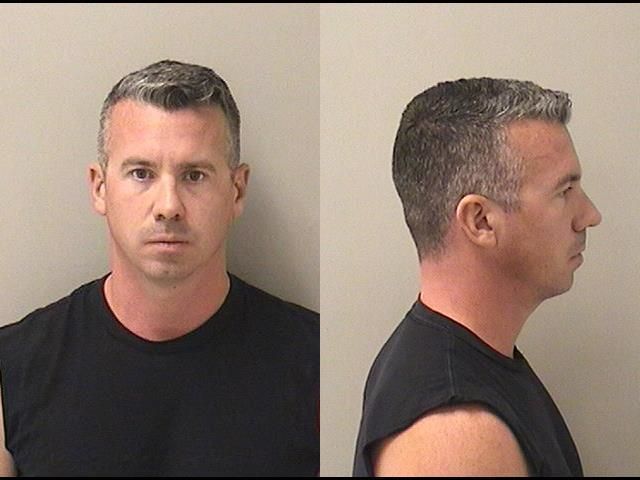Arrest made in batavia regarding child porn
This is a subtitle for your new post

Kane County State’s Attorney’s Office leads decisive action against Batavia chiropractor charged with child exploitation; Batavia’s retreat from federal immigration law raises broader concerns.
In a sweeping and deeply disturbing and dark case, Jamie Mosser’s State's Attorney's office has charged Batavia chiropractor David Hanson with multiple felonies, including five counts of producing child pornography and three counts of disseminating it. Hanson, owner of Hanson Family Chiropractic, is accused of having used hidden cameras to secretly record over 180 patients—ranging from children to adults—while they were unclothed in his office. The recordings were reportedly taken in a red light therapy room and other areas of the clinic. Prosecutors also uncovered child sexual abuse material unrelated to his practice. Hanson was arrested following a judicial search warrant and is currently detained pending trial.
The Kane County State’s Attorney’s Office, in collaboration with the Batavia Police Department and the Lake County Sheriff’s Office, demonstrated exceptional coordination, tactical organization and urgency in handling the investigation. Their swift action not only led to Hanson’s arrest but also ensured the safety of the community by securing his detention. The use of advanced investigative tools, including an electronic storage detection canine, underscores the office’s commitment to justice and victim protection. State’s Attorney Mosser’s leadership in this case exemplifies the kind of proactive, victim-centered prosecution that communities rely on in moments of crisis.
Authorities are now seeking to identify additional victims and urge anyone with relevant information to contact the Kane County State’s Attorney’s Office. Hanson’s next court appearance is scheduled for November 10, 2025. The charges, while serious, are not proof of guilt; Hanson remains presumed innocent until proven otherwise.
This case highlights the importance of vigilant law enforcement and the critical role of the State’s Attorney’s Office in safeguarding public trust.
Yet this case conflicts with Batavia’s recent decision to abandon cooperation with federal immigration enforcement and casts a troubling shadow over its long term commitment to public safety, by refusing to honor federal detainer requests. Batavia recent decisions undermining the very partnerships that enabled swift justice in the Hanson case. This policy shift could make it harder to identify and detain individuals who pose a threat to the community, including those involved in crimes against children. For Kane County, which relies on interagency collaboration, Batavia’s stance may erode the effectiveness of future investigations and weaken the county’s ability to protect its most vulnerable residents.
Attached is the press release from the Kane County State's Attorney's Office - Press Release
Latest Articles, Submissions & Community Highlights
Participating groups, neighborhood leaders, and citizen coalitions can share news, documents, or resources here.



